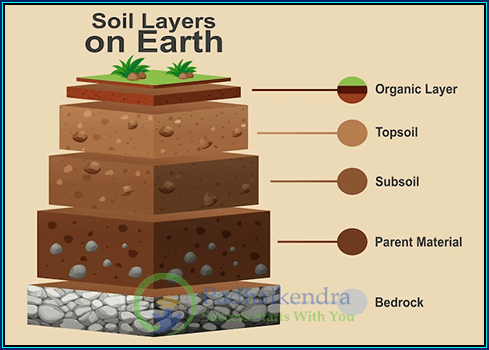India is a land blessed with abundant mineral resources. It has a rich history of mining and is home to some of the world’s largest mineral deposits. The country’s geological diversity and diverse mineral resources make it a top destination for mineral exploration and mining.
India is the third-largest producer of coal and the fourth-largest producer of iron ore in the world. It also produces large quantities of bauxite, chromite, copper, and manganese ore. Other minerals that are found in significant quantities include gold, silver, zinc, lead, and uranium.
Coal is one of the most important mineral resources in India. It is primarily found in the eastern and central parts of the country. The major coalfields in India are located in the states of Jharkhand, Odisha, Chhattisgarh, and West Bengal. India has the world’s fifth-largest coal reserves, which are estimated at around 319 billion metric tons.
Iron ore is another crucial mineral resource in India. The country has large iron ore deposits in the states of Odisha, Jharkhand, Chhattisgarh, Karnataka, Goa, and Andhra Pradesh. India is the world’s fourth-largest producer of iron ore, with an estimated production of around 206 million metric tons in 2020.
India is also a major producer of bauxite, which is the primary raw material used to produce aluminum. The major bauxite deposits in India are located in the states of Odisha, Andhra Pradesh, and Gujarat. India is the fifth-largest producer of bauxite in the world, with an estimated production of around 34 million metric tons in 2020.
Chromite is another important mineral resource in India. It is primarily used to produce chromium, which is used in the production of stainless steel. India has the world’s third-largest chromite reserves, with deposits located in the states of Odisha, Jharkhand, and Karnataka.
India also produces significant quantities of copper and manganese ore. The major copper deposits in India are located in the states of Rajasthan, Madhya Pradesh, and Jharkhand. The major manganese deposits are located in the states of Odisha, Madhya Pradesh, and Karnataka.
India has also been exploring for other mineral resources such as gold, silver, zinc, lead, and uranium. The country has significant gold deposits in the states of Karnataka, Andhra Pradesh, and Jharkhand. India is also a major producer of silver, with deposits located in the states of Rajasthan, Madhya Pradesh, and Andhra Pradesh.
In conclusion, India is a country rich in mineral resources, with vast deposits of coal, iron ore, bauxite, chromite, copper, and manganese, among others. The country’s geological diversity and vast mineral wealth make it an attractive destination for mineral exploration and mining. The government of India has taken various initiatives to encourage exploration and investment in the mineral sector, which is expected to boost the country’s economic growth in the coming years





